
By Blooms The Chemist
Intimacy, pleasure and sex are key elements of overall health – and not just for the young. We explore the impact of perimenopause and menopause on libido and sexual health, with practical advice to help you relax, recharge and continue to enjoy sex.
I’ve lost my mojo!
Many women and AFAB people experience changes in their sexual desire during perimenopause and menopause. The variations in hormone levels, particularly reduced oestrogen, can contribute to a decrease in libido.1 Additionally, factors such as stress, body image concerns and relationship dynamics can influence sexual desire.
Sex is painful
Declining oestrogen levels can lead to vaginal dryness, causing discomfort or pain during sex. Thinning and less elastic vaginal tissues can result in irritation or tearing, affecting a woman’s sexual satisfaction and overall wellbeing.2
The big ‘O’
Menopause can have an impact on our sexual response cycle, including arousal, orgasm and overall sexual satisfaction. Achieving orgasm may become more challenging and the intensity of the sensation may decrease.3 These changes can be disorienting, but new avenues of pleasure can be explored with compassion and patience.

Six ways to get your mojo back
1. Let go of expectations
Changes in how you experience sex are a natural part of the ageing journey. Be kind to yourself and allow space for self-compassion. Embrace your body’s changes and remember that your worth and desirability extend far beyond your physical experience.
2. Create space for open communication
Engage in honest and compassionate conversations with your partner about your experiences, concerns and desires. Establish a safe space where you can express yourself openly and aim to foster a deeper connection.
3. Seek support if you need to
Healthcare professionals who specialise in menopause or sexual medicine can provide personalised advice, recommend treatment options and offer guidance. If you’re troubled by persistent or recurrent lack of desire, it’s worth talking to your Doctor or a qualified psychologist or counsellor who has experience in sexual health and intimacy.
4. Understand intimacy does not equal sex
True intimacy goes beyond penetration and orgasm. For many, feeling emotionally safe and mentally engaged are key to being present and connected with a partner. Explore alternative ways of bonding that deepen emotional and physical closeness. Focus on activities such as sensual massages, prolonged foreplay, cuddling and shared moments of connection.
5. Prioritise you
Prioritise self-care activities that help you feel your best. These can include regular movement, eating a balanced diet and incorporating activities that nourish and support your emotional health. Is there a creative hobby that helps you feel more grounded? Do you come away from lunch with a good friend feeling energised and upbeat? Would a new lingerie set or pair of comfy bamboo pyjamas make you feel more comfortable in your body?
6. Practise being present
Many of us struggle to be fully present during sex due to the mental load we carry. Between work, family, social obligations and daily responsibilities, women can find it difficult to switch off. Try relaxing before sex by using simple breathing techniques, taking a warm bath or stretching. To truly enjoy and experience intimacy, it’s essential to find ways to quiet the mind and focus on the present. Practising mindfulness exercises outside of the bedroom, like breath work or meditation, can help activate the parasympathetic nervous system and encourage relaxation. During perimenopause and menopause, it’s essential to approach your sexual health and relationship with empathy and understanding.






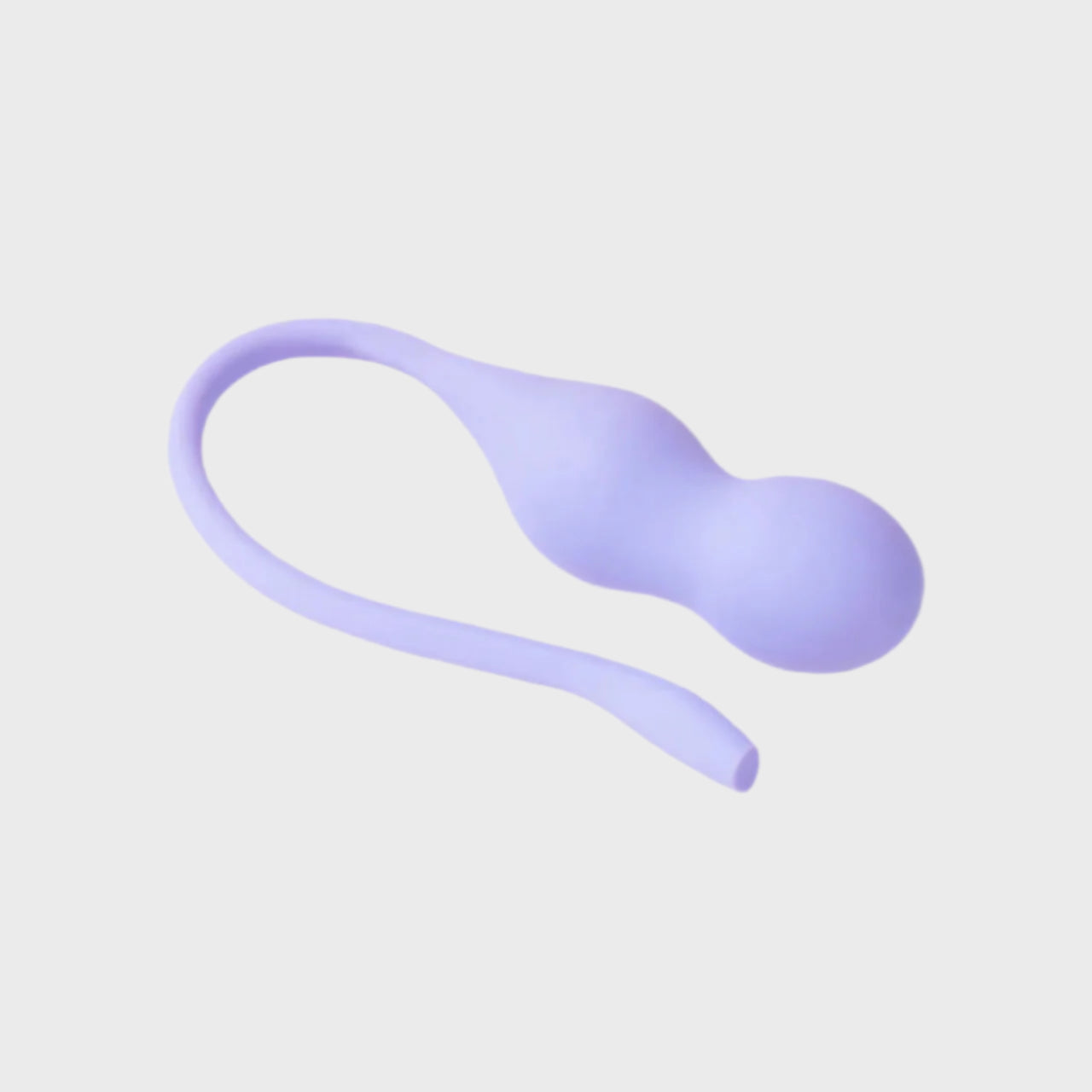
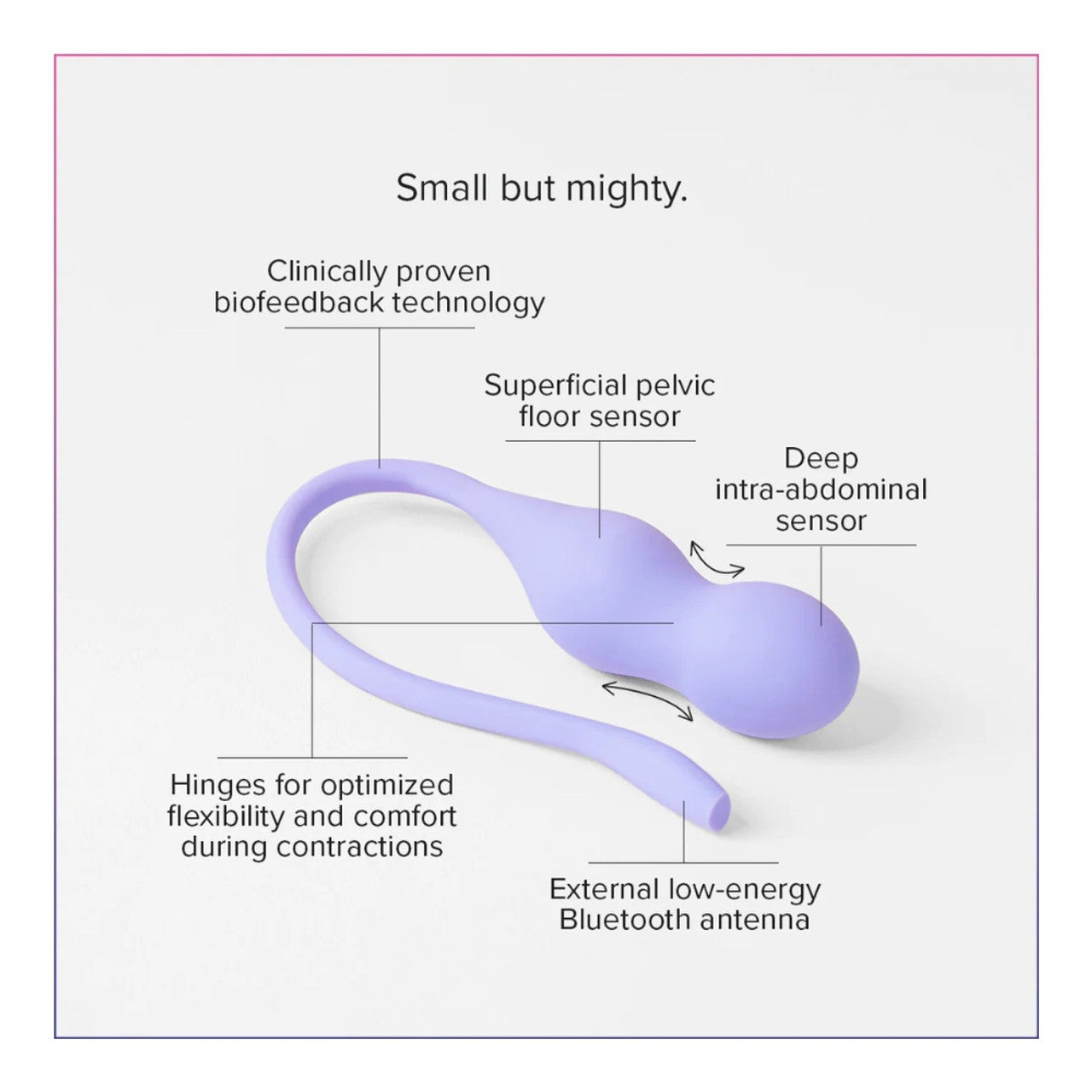

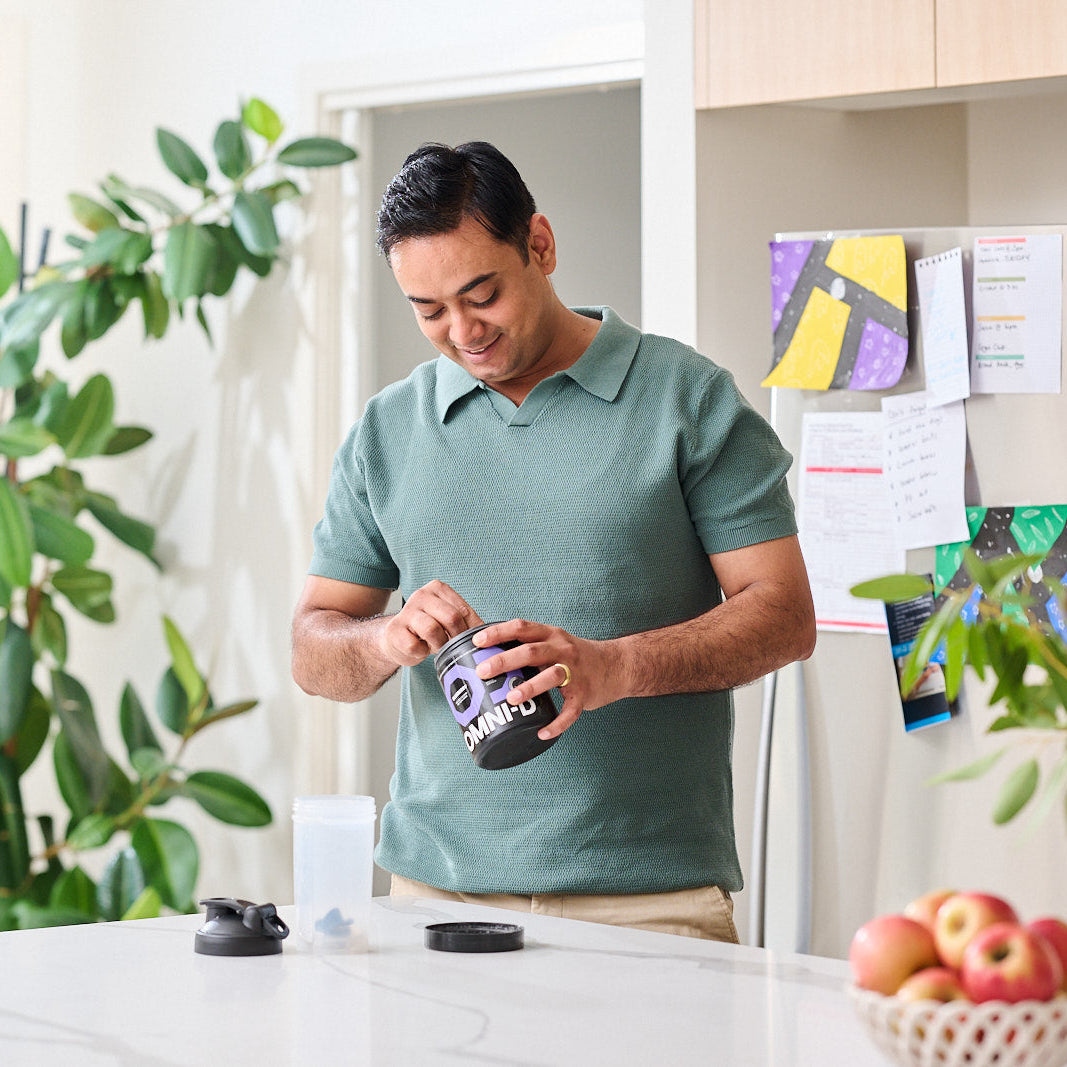




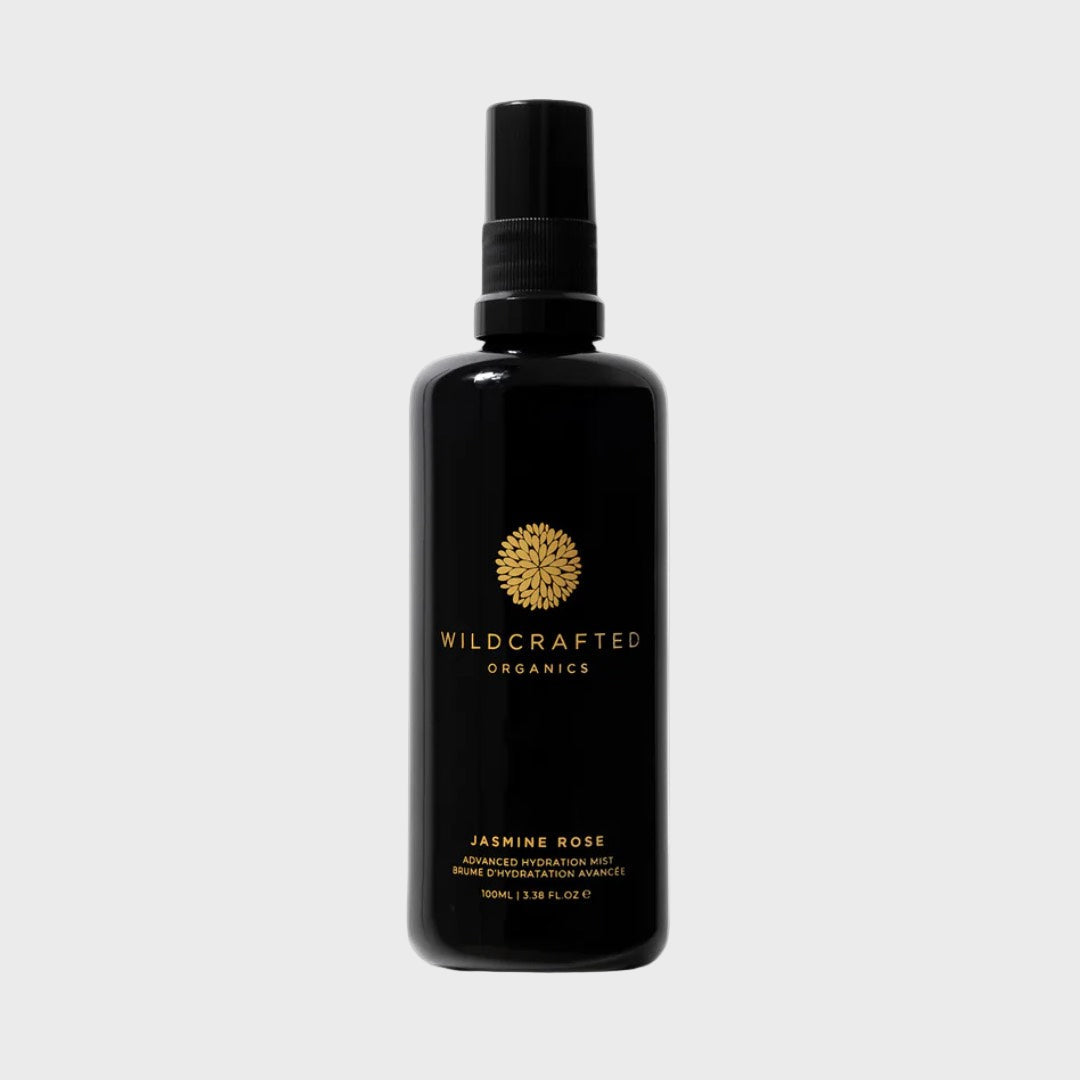




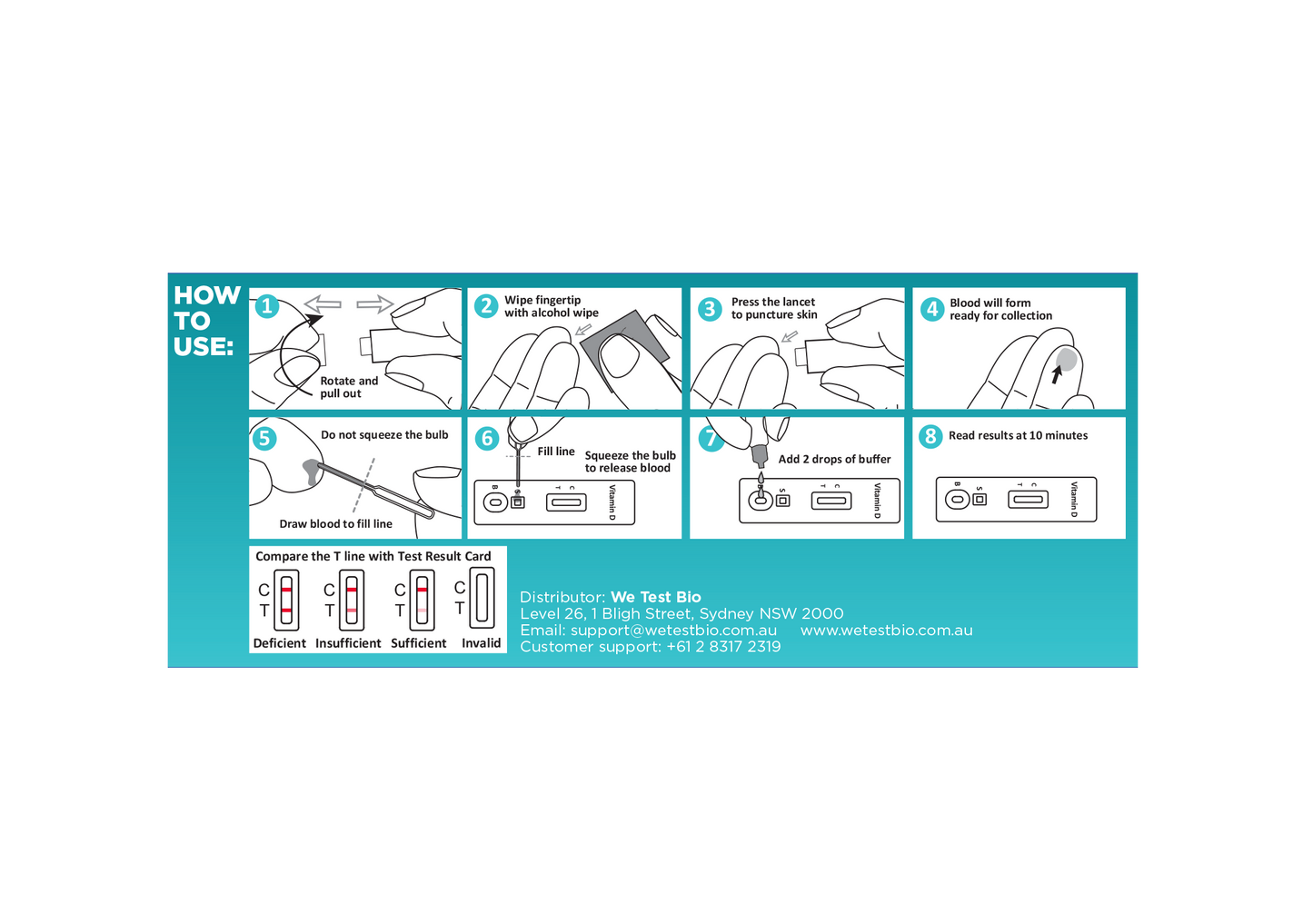

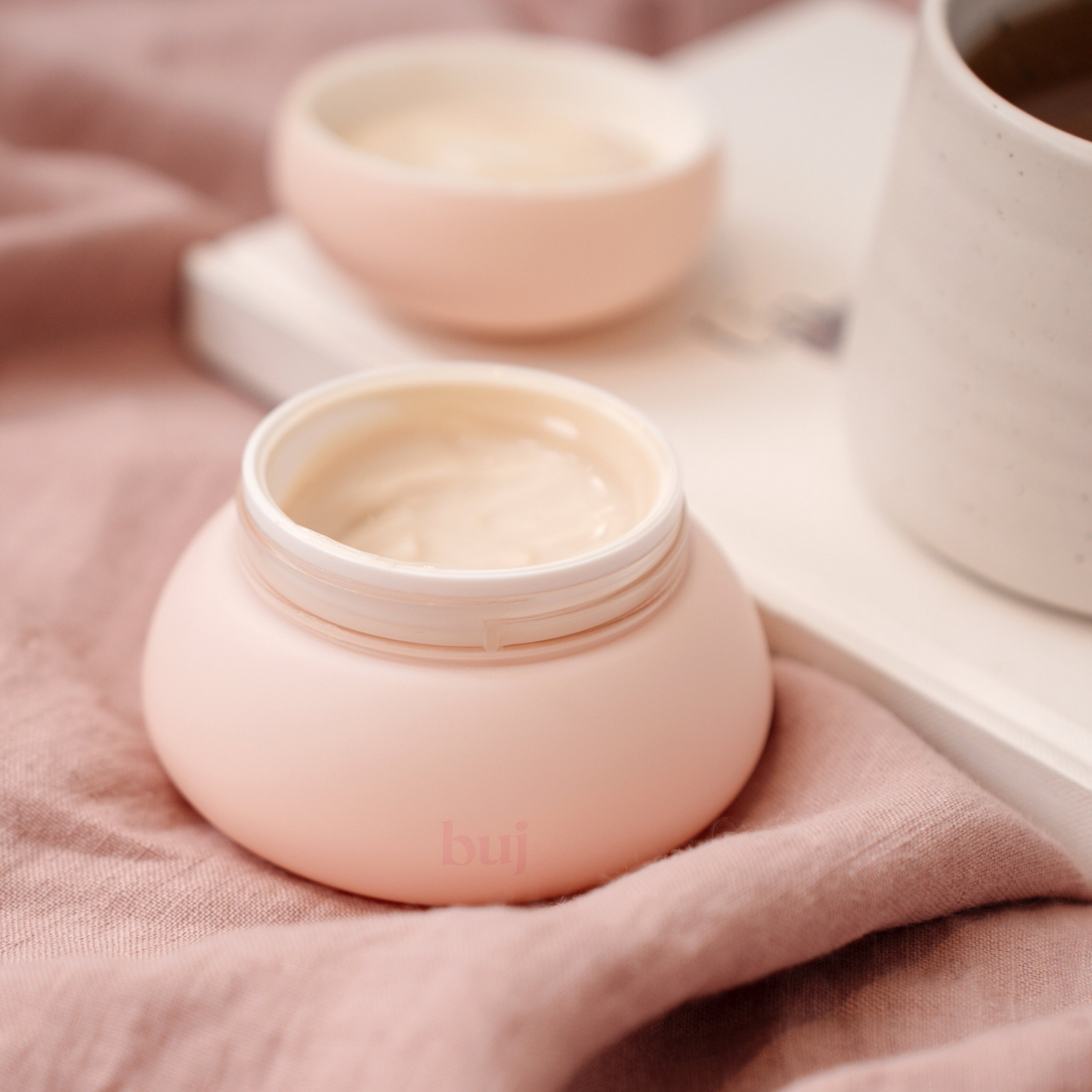


Hi there
Do you have any suggestions / advice / info to help with labia minora fusing and thickening of the perinium at the opening of the vulva due ti lichen sclerosis. Had it for years I’m 48 ams one month post menopause. Just started with femigel and urgesterome pleating the lichen with dovate cortisone cream and aquafor cream and vagifem suppositories
Thanks so much
Lisa